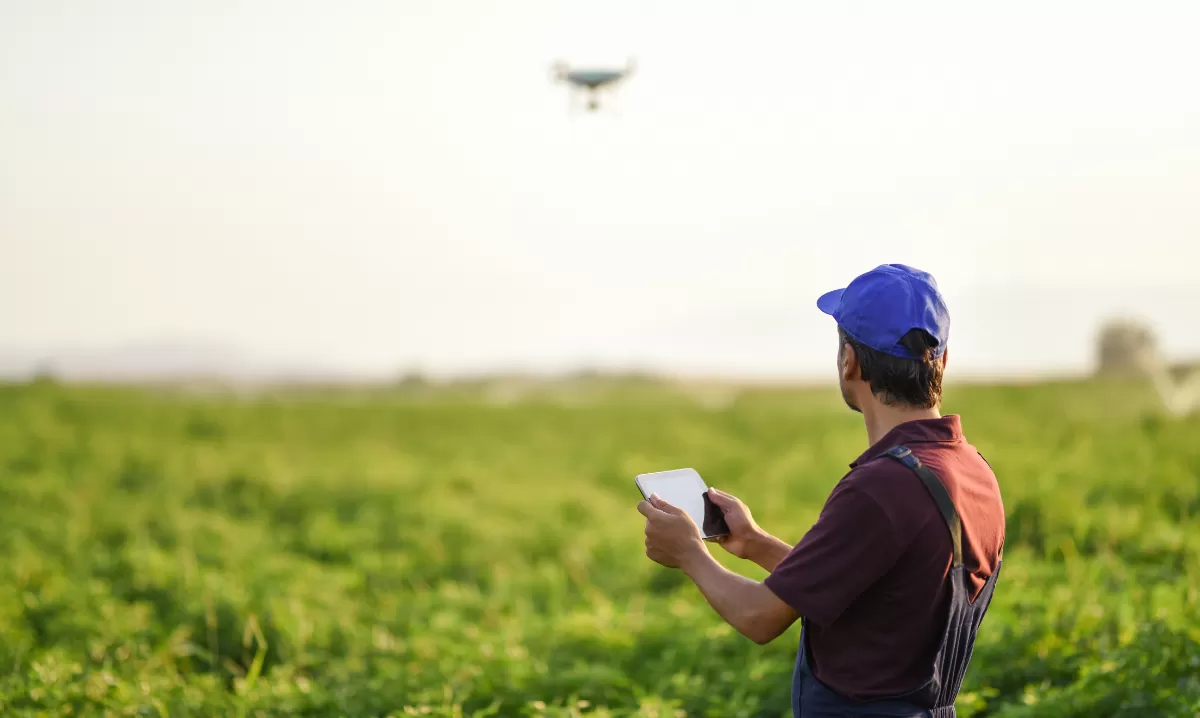Centralization, data hosting and easy sharing through a platform are pionnier challenges in all débit sectors, both vendeur and non-vendeur. This is particularly true in the agricultural world, where data plays a central role in improving agro-environmental performance, promoting research and innovation, and enhancing machine management.
In recent years, the use of digital technologies in agriculture has significantly increased, leading to the collection of large amounts of data from various sources such as sensors, machines, and satellite imagery. This data is crucial for farmers, researchers, and other stakeholders in the agricultural sector to make informed decisions and improve overall efficiency.
One of the main challenges in managing this data is centralization. With the help of cloud computing, data can be centralized and stored in a secure and accessible location. This not only ensures the integrity and confidentiality of the data but also makes it easier to share and collaborate with others. By having a central repository of data, farmers can easily access and analyze their own data as well as share it with researchers, consultants, and other stakeholders. This promotes knowledge sharing and collaboration, leading to better decision-making and ultimately, better agricultural practices.
Furthermore, hosting data on a platform also allows for real-time monitoring and analysis. With the use of sensors and other technologies, farmers can collect data on various parameters such as soil moisture, weather conditions, and crop growth. This data can then be uploaded to a platform where it can be visualized and analyzed in real-time. This enables farmers to make timely and informed decisions, such as adjusting irrigation schedules or applying fertilizers, to optimize their crop yields and reduce waste.
In addition to improving on-farm decision-making, data centralization and hosting also have significant benefits for the research and innovation in the agricultural sector. By having access to a large pool of data, researchers can conduct more comprehensive and accurate studies, leading to the development of new and improved agricultural practices. This not only benefits individual farmers but also contributes to the overall advancement of the agricultural industry.
Moreover, data centralization and hosting also play a crucial role in improving the management of machines in the agricultural sector. With the use of precision agriculture technologies, farmers can collect data on the performance and usage of their machines. This data can then be analyzed to identify any potential issues or areas for improvement. By having this information readily available, farmers can optimize their machine usage, reduce downtime, and ultimately, save costs.
In conclusion, centralization, data hosting, and easy sharing through a platform are vital for the success and advancement of the agricultural sector. By harnessing the power of data, farmers can improve their agro-environmental performance, researchers can drive innovation, and the industry as a whole can become more efficient and sustainable. It is essential for all stakeholders in the agricultural sector to embrace these technologies and work together towards a more data-driven future.

